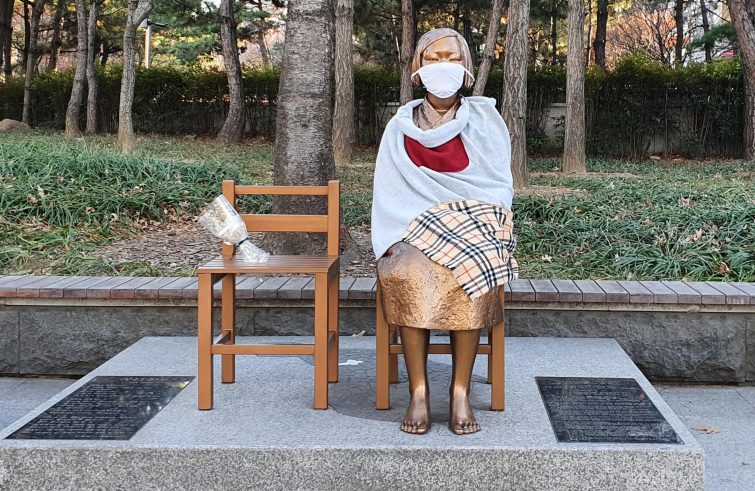
(from Tokyo) – In support of measures to counter the spread of the new coronavirus, undertaken by the Abe government, it was decided that liturgical celebrations, events and other parish activities involving gatherings that could transmit the contagion will be suspended in 16 dioceses in Japan. In some cases the decision was left to the discretion of the parish priests who best know the specific situations and the actual and often small number of parishioners.
The Japanese Catholic community, distributed in 777 parishes on a territory of 377,974 km2, is composed of about 440,000 Japanese faithful, mostly elderly, equivalent to just over 0.3% of the entire Japanese population. To this number must be added the non-accurately surveyed number of foreign Catholics, mostly Filipinos and Vietnamese, which some estimate to be between one or two million.
Originally scheduled until March 14, yesterday, March 10, the period of interruption of liturgies was extended until Sunday 29, due to concerns over the worldwide spread of the infection.
Msgr. Tarcisio Isao Kikuchi, Archbishop of Tokyo, the largest diocese in the country with over 97,600 Japanese faithful, was the first to establish preventive measures for 76 parishes where he is Pastor, with an announcement on the diocesan website, and he was also the first to decide to suspend the Eucharistic celebration.
In the communiqués of January 31 and February 20, when the first information on the new coronavirus was officially released in Japan, Msgr. Kikuchi indicated 9 “golden rules” to be adopted in parishes, some of which were also followed by other dioceses.
The first statement included 6 golden rules: sanitizing sprays made available to the faithful and placed at the entrance of churches, dispensation from participation in Sunday Mass for the faithful with Covid19 symptoms, prohibition to immerse their hands in stoups, permission for the faithful, readers and ministers to wear facemasks during celebrations, mandatory hand washing before Mass for celebrants and extraordinary ministers of the Eucharist, obligation to receive Communion in the hands for the faithful with colds and coughs. In the subsequent message of February 20, he added 3 more: exoneration for the faithful to communicate under both kinds and preparation of the required wafers near the altar, exchange of the sign peace by bowing, opening and closing of doors by appointees, at the beginning and end of the liturgy, to avoid contact with the faithful.
On 26 February, considering the decision of the Ministry of Health, Labour and Welfare to intensify the action against the spread of the virus in the first two weeks of March, deemed crucial by the National Experts Meeting, the Archbishop of Tokyo informed the faithful of the decision to suspend Sunday and weekday services and other parish activities from 27 February to 14 March, with the exception of small groups, informing about the possibility of following Sunday Masses on 1 and 8 March on the internet. On March 10, the deadline was postponed to March 29, pending further developments.
In the announcement of 26 February the archbishop said: “It’s not easy for the Church to interrupt Eucharistic celebrations.” However, this suspension “should not be considered a defeat but an opportunity to rediscover the strength and power of prayer, with the certainty that the coronavirus cannot stop the prayer of believers.”
On the afternoon of Wednesday, March 11, a study seminar and Mass for the victims and those displaced as a result of the earthquake of March 11, 2011, off the coast of the Tōhoku region, which caused a tsunami and nuclear disaster with more than 15,700 dead and 4,600 reported missing, was to be held in the archdiocese of Tokyo. It was also meant to be an occasion, ahead of the 10th year since the tragedy, to discuss the state of reconstruction efforts and the outcomes of the 10-year solidarity project that the Japanese dioceses are carrying out to support the diocese of Sendai in the jurisdiction of earthquake-stricken areas.
Covid19 has also impeded this commemorative event that the Japanese people still remember with deep sorrow.









